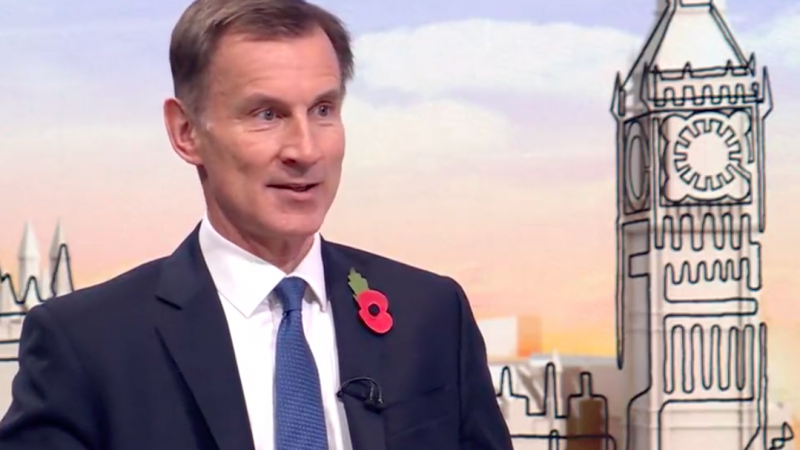'Local government remains the fabric of our country but many of the vital services we provide face an existential crisis.’

Ahead of tomorrow’s autumn statement, the Local Government Association (LGA) is warning that many local services will face severe cutbacks due to escalating costs caused by inflation and demand pressures.
A survey conducted by the LGA shows that all councils that responded are facing additional budgetary pressures, which were not included in their budget for 2022. Councils in England are struggling to find an additional £2.4bn this year to fund unforeseen inflationary cost pressures.
The survey shows all councils are experiencing additional financial pressure, or risk from inflationary and pay pressures, and energy price increases. It shows that 88 percent of councils plan to use reserves to meet cost pressures this year, which is not a long-term strategy to address inflation. Three-quarters are planning efficiency savings or underspending in other areas.
The analysis finds that local governments will be left with a £3.4bn funding gap in 2023/24 increasing to £4.5bn in 2024/25 because of inflation, estimated increases to the National Living Wage, and increasing demand.
The LGA says it is inevitable that councils will be faced with having to make cuts to the services the most vulnerable in society rely on, including children’s services and adult social care. Councils have a legal obligation to provide these services and the LGA warns that if the government does not provide adequate funding, local authorities will be unable to protect them from cuts.
Even if local councils made spending cuts on leisure and cultural services, such as swimming pools, libraries and waste collection, there would still not be enough funds to plug the funding gap.
Cllr James Jamieson, LGA Chairman, commented:
“Local government remains the fabric of our country but many of the vital services we provide face an existential crisis. Inflation is not going to come down overnight; reserves can only be spent once and a local service cannot be cut twice.
“Rising demand for services – and the extra costs to provide them – means that even having the same funding next year as they had this year would leave councils having to make significant cuts to services, such as care for older and disabled people, protecting children, homelessness prevention, leisure centres and bin collections.
“The government undeniably faces a challenge to get the public finances back on a stable footing, but it needs to urgently come up with a long-term plan to fund local services.”
Jamieson says that while council tax is an important funding stream, it is not a solution to the long-term pressures councils are facing. Instead, It adds to the financial pressures households are facing.
“Only with long term funding certainty to cover increased cost pressures and invest in local services, can councils make innovative and meaningful decisions over their finances, change lives and communities for the better, alleviate pressures on other parts of the public sector, support growth and save local services,” he added.
Gabrielle Pickard-Whitehead is a contributing editor to Left Foot Forward
Picture credit: YouTube screengrab
To reach hundreds of thousands of new readers we need to grow our donor base substantially.
That's why in 2024, we are seeking to generate 150 additional regular donors to support Left Foot Forward's work.
We still need another 117 people to donate to hit the target. You can help. Donate today.



